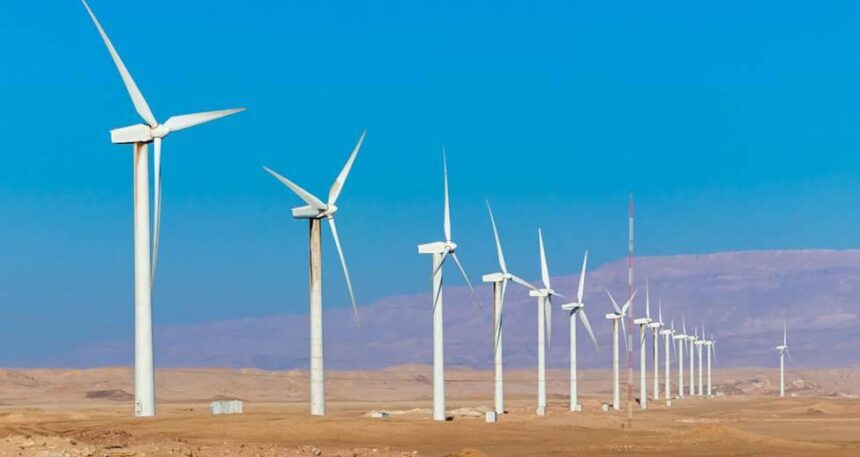In a significant milestone for Egypt’s energy liberalization drive, the European Bank for Reconstruction and Development (EBRD) has announced its backing for the country’s first-ever private-to-private electricity contracts, signaling a shift toward a more competitive and investor-friendly power market.
The historic agreements, involving direct electricity sales between private producers and corporate consumers, mark a departure from Egypt’s traditionally state-controlled energy model. The EBRD is providing financial and advisory support to facilitate these transactions, which are expected to boost renewable energy deployment and reduce dependence on government power off-takers.
According to the EBRD, the initiative is part of a broader strategy to unlock market-based solutions for sustainable energy supply. “This move represents a game-changing development in Egypt’s power sector and aligns with our mission to support green transition and private sector engagement,” said Nandita Parshad, EBRD Managing Director for Sustainable Infrastructure.
The pioneering deals involve solar and wind power producers supplying electricity directly to commercial and industrial clients through wheeling agreements—where power is transmitted via the national grid but outside the state’s purchasing framework.
Egypt’s Ministry of Electricity and Renewable Energy has welcomed the move, noting that it complements national targets to generate 42% of electricity from renewables by 2035. Industry analysts say the model could attract billions in private investment, enhance supply stability, and reduce fiscal pressure on the government.
The EBRD has been one of Egypt’s largest development partners, with over €10 billion invested in the country across various sectors, including renewable energy, infrastructure, and industrial innovation.
